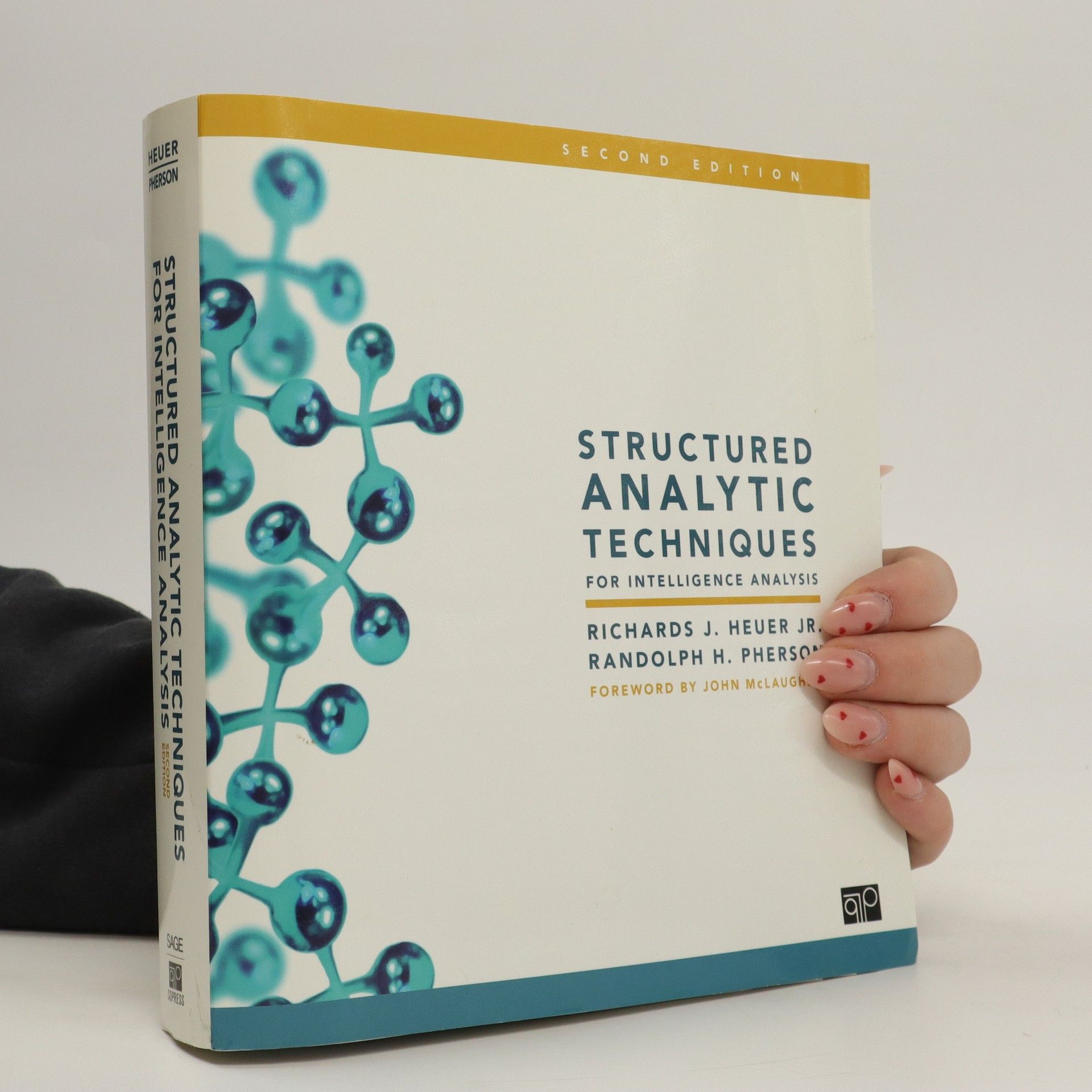How to Get the Right Diagnosis
- 224 páginas
- 8 horas de lectura
Randy Pherson struggled with a medical condition for five years before getting a proper diagnosis. This book distills what the author has learned into 16 actions a person can and should take to ensure quality health care. How to get the right diagnosis will help you live to tell your story by teaching you the techniques intelligence analysts use to communicate with medical professionals. Many know from experience that the medical system can be difficult to navigate. This book takes the confusion out of the process and helps you get the proper treatment you need.

